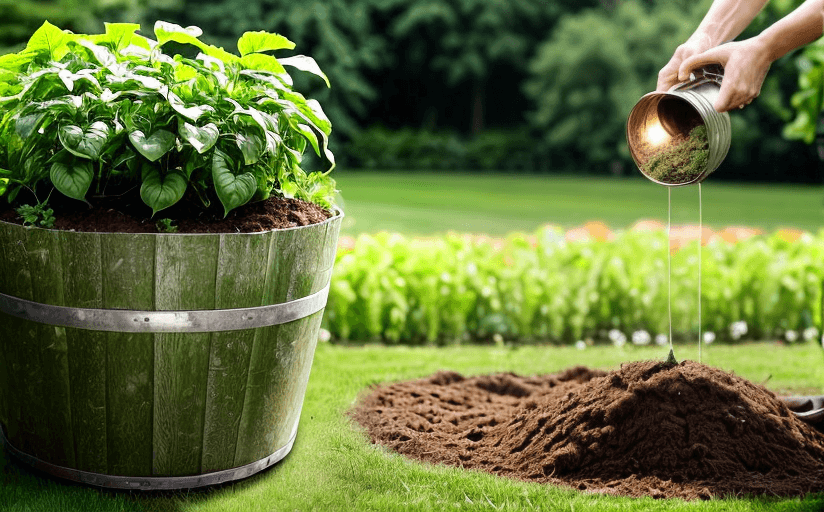Creating Sustainable Gardens: Techniques & Benefits
Sustainable gardening encompasses a series of techniques aimed at maintaining healthy and productive gardens in harmony with the environment. It is an approach to gardening that prioritizes ecological balance, conservation of resources, and ensuring the garden contributes positively to local biodiversity.
Why Sustainable Gardening is Gaining Popularity
As climate change and environmental degradation continue to challenge our planet’s health, many people are increasingly embracing sustainable practices in various aspects of their lives, including gardening. An increasing number of gardeners are interested in reducing their ecological footprint and contributing to healthier local ecosystems. Sustainable gardening also has a significant impact on reducing waste, water management, carbon sequestration, and supporting local wildlife.
Techniques for Creating a Sustainable Garden
To transform your garden into a sustainable oasis, you might consider implementing the following techniques:
Composting
Composting involves recycling organic waste into a nutrient-rich soil conditioner. It reduces the need for artificial fertilizers, enhances soil fertility and structure, improves plant health and productivity, and helps save money and resources by reducing waste that would otherwise end up in landfills.
Rainwater Harvesting
Rainwater harvesting is an efficient water management technique. By collecting and storing rainwater for later use, gardeners can reduce their reliance on treated tap water, save money, and protect their gardens during periods of water scarcity.
Usage of Native Plants
Native plants are well-adapted to local soil and climatic conditions, require less maintenance, and are more resistant to pests and diseases. They also play a crucial role in supporting local biodiversity by providing habitats and food sources to various pollinators, birds, and other wildlife.
The Benefits of Sustainable Gardening
Apart from providing a peaceful sanctuary and a source of healthy, homegrown food, sustainable gardens offer numerous ecological, economic, and health benefits.
Gardens based on sustainable practices sequester more carbon, reduce water runoff, foster biodiversity, and minimize the need for chemical pesticides and fertilizers that pollute our watersheds. By saving water through methods like rainwater harvesting, gardeners can significantly decrease their water bills. Composting not only reduces the amount of waste ending up in landfills but also improves the health and productivity of garden soils.
At a broader societal level, sustainable gardening can play an essential role in urban greening, climate adaptation, and community food security. Cases of 'Edible City' in Todmorden, UK, and the 'Victory Gardens' in Vancouver, Canada, provide brilliant success stories of how sustainable gardening initiatives can lead to more green spaces, communal cohesion, and resilience at a community level.
In conclusion, whether you are an experienced gardener or a beginner, adopting sustainable gardening techniques can offer you a host of benefits while contributing to a healthier planet.




















Comments
Leave a Comment